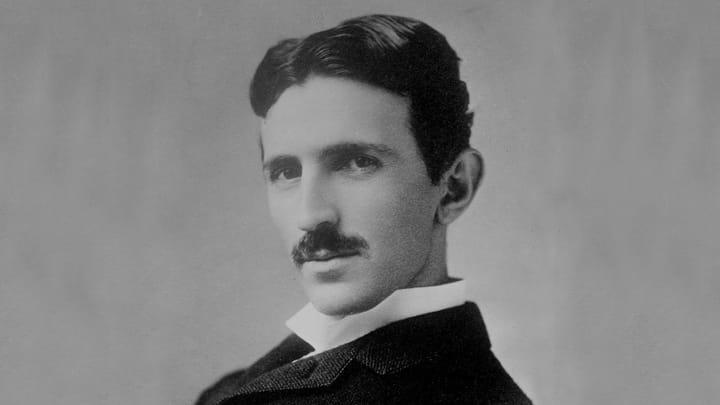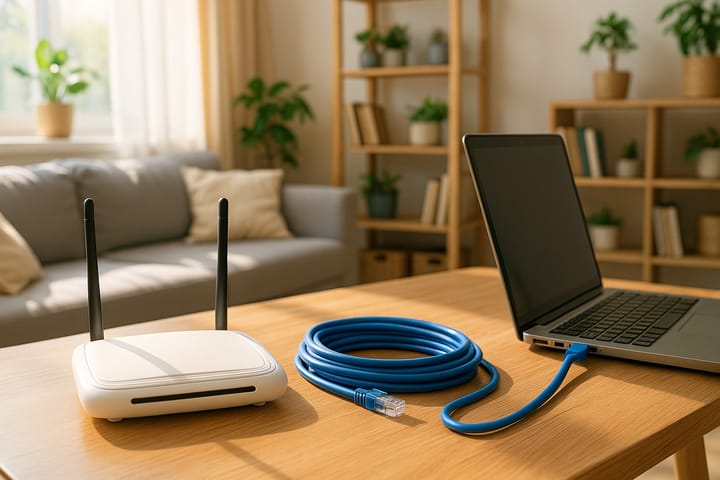OpenAI Cancels Commercialization Plan, Elon Musk Proceeds with Lawsuit
OpenAI halts full commercialization and retains nonprofit control. Elon Musk proceeds with his lawsuit. Explore the investment, structure, and global implications.

Nonprofit control remains, while transition to Public Benefit Corporation continues under public scrutiny and investor pressure
OpenAI Maintains Nonprofit Oversight
OpenAI has decided not to relinquish control from its founding nonprofit entity, halting plans to convert into a fully profit-driven company. Announced on May 5, 2025, by board chairman Bret Taylor, this move follows pressure from regulators and growing public concern over the long-term mission of artificial intelligence. However, the company’s for-profit arm will still transition into a Public Benefit Corporation (PBC), allowing financial flexibility while retaining a social mission.
Massive Investments from Microsoft and SoftBank
Since 2019, Microsoft has invested $13 billion in OpenAI. Due to the restructuring, its revenue share originally set at 20% will be reduced to 10% by the end of the decade. Meanwhile, SoftBank remains committed with a $30 billioninvestment, despite OpenAI’s decision to retain nonprofit control.

Elon Musk’s $97.4 Billion Lawsuit
Elon Musk, one of OpenAI’s co-founders, filed a lawsuit alleging the company deviated from its original mission. His $97.4 billion acquisition bid in February 2025 was firmly rejected. Although the nonprofit control structure stays, Musk has pledged to continue his legal challenge, with a trial set for March 2026.
Global Push: OpenAI for Countries
In parallel, OpenAI launched the OpenAI for Countries initiative to support national AI infrastructure development. The program aims to promote democratic values in AI deployment, also serving as a strategic move to counter China’s growing influence in the global AI race.
A Middle Path, Still Controversial
OpenAI walks a tightrope between idealism and market demands. While the nonprofit retains control, the PBC structure introduces profit potential. With over 400 million weekly ChatGPT users, OpenAI has become a battleground of ethical vision versus commercial reality.





Comments ()